How to beat Chat GPT

Although I must wonder, is that really the end goal? I get that artificial intelligence (AI) software like Chat GPT is going to have a massive impact of the tertiary education sector now and in the future, are there better ways of dealing with the fall-out?
My feeling is ‘no’ and ‘yes’ to those two questions, respectively. I have been so impressed with Chat GPT so far as well as the myriad of other AI software packages that have recently been released, but it doesn’t worry me that much… yet.
The Academic’s concern
I’ve sat in a few meetings now plus read numerous blog and social media posts about the worry that some academics have that students will take advantage of the new artificial intelligence revolution when it comes to things like report writing and exams.

I get that tertiary educators would be concerned. Afterall, we’re on the precipice of the unknown when it comes to AI impacting learning and education.
Some colleagues are frantic that students will use AI like Chat GPT to write the essays to their briefs or responses to exam questions… and no doubt that’s a valid concern. But at the same time, it might be worth thinking about two things: 1) how Chat GPT works, and 2) the type of assessments that we ask students to complete.
Chat GPT is not that ‘smart’
Artificial intelligence, so far at least, relies on the group hive mind; that is, what already exists, and if information is googleable, then Chat GPT can synthesise it.

What artificial software like Chat GPT can’t do is think for itself. It regurgitates information from whatever it can find. And indeed, the potential for things like plagiarism from Chat GPT is high.
I’ve been testing Chat GPT with several of my assessments in the past few months but get mostly only spurious answers so am comfortable with it for the moment at least.
I often use questions/activities that challenge students to integrate knowledge from various things to really promote deeper thinking. Sometimes I’ll ask students to draw on things that might not be immediately or obviously related to test their critical abilities; sometimes they generate their own data then write about it; and sometimes I get students to interpret images of various things for exams.
And Chat GPT really struggles with those tasks.
What is the real goal?
My approach to student assessment has markedly evolved since COVID-19 hit and my thinking of ways to overcome things like standard internet search engines, especially with online, non-invigilated assessments (I’m super-anti of things like online invigilated exams for privacy reasons).
It’s working so far and but more importantly, I feel that my approach to assessment has gone up a notch and truly challenges my students to think more critically and problem solve.
Ultimately, isn’t that what we want to instil in our students regardless of the various disciplines that we teach?















